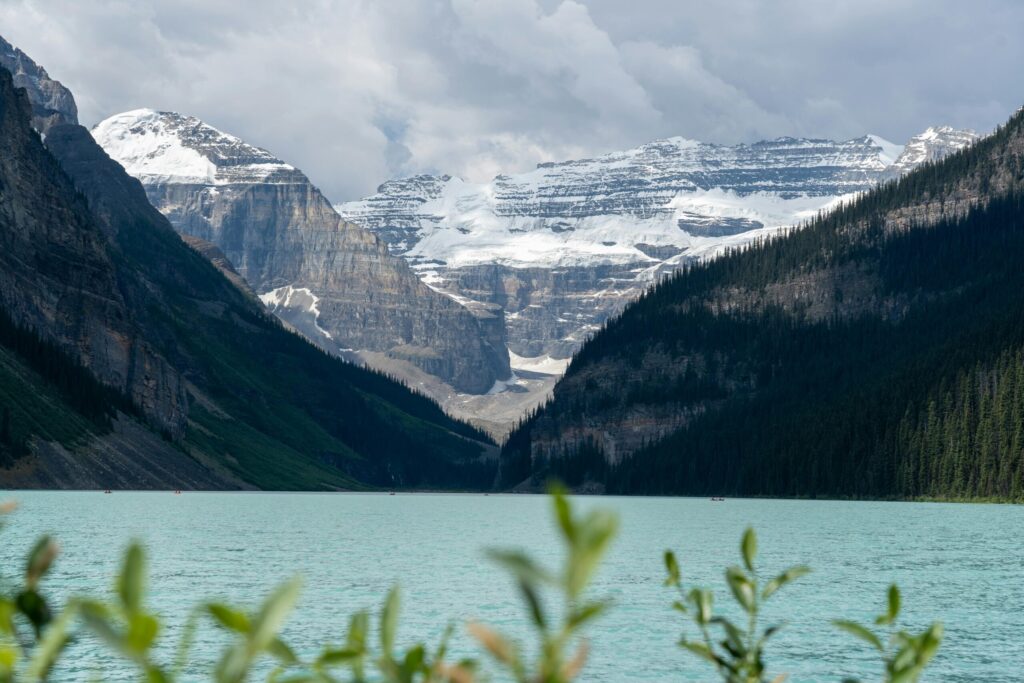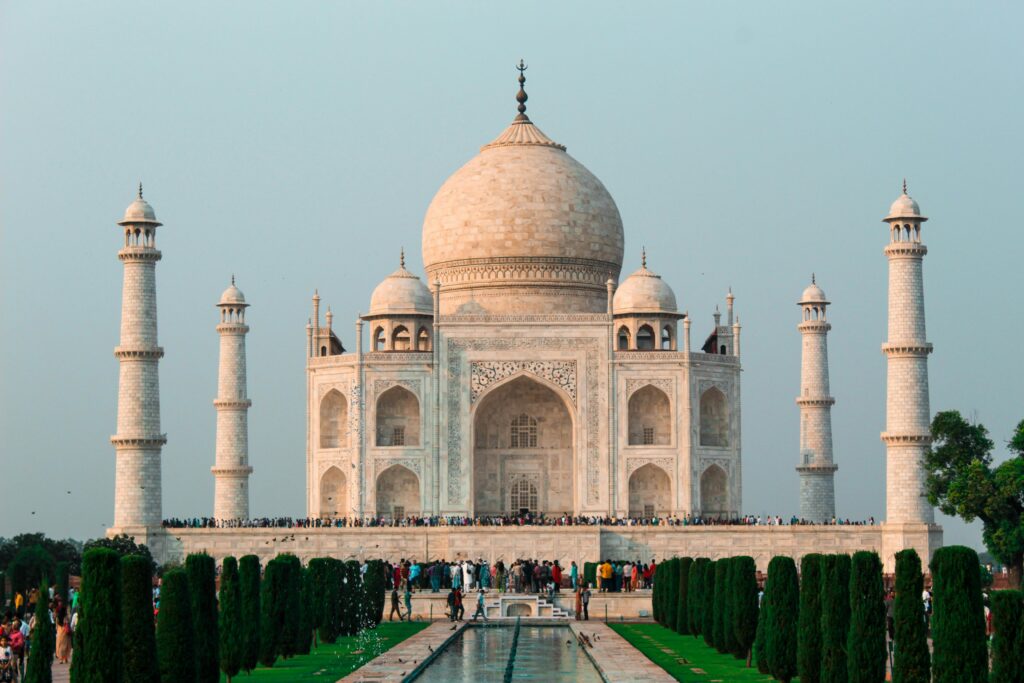Lakes are among the most stunning and crucial natural wonders of the Earth. They can be found anywhere on the planet, from the slopes of mountains to the open plains. Lakes are valuable water resources, harbor rich ecosystems, and provide stunning scenery. A lake is a big body of water enclosed by land and typically supplied by rivers, streams, rain, or melting snow and ice. Lakes are freshwater or salt lakes, and they may be very small or very big, shallow or very deep in depth, and in origin.
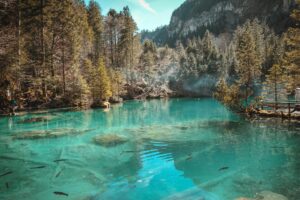
Lakes are formed by various geological processes. Tectonic lakes, like Russia’s Lake Baikal, are formed by tectonic processes in the Earth’s crust. Glacial lakes, like North America’s Great Lakes, are formed when glaciers carve out deep valleys that are then filled with water. Volcanic lakes are formed in the caldera of extinct volcanoes, like the USA’s Crater Lake. Lakes are also formed artificially, known as reservoirs, when dams are built to retain water to be used for irrigation, industry, and domestic purposes.
Lakes play a significant role in maintaining ecological balance. Lakes provide habitat to different aquatic bird, fish, and other animal life. Plant life surrounding lakes filters water and prevents erosion. Lakes also maintain biodiversity by providing breeding grounds for insects and amphibians. Wetlands surrounding lakes act as natural filters, trapping impurities and providing clean water flow.
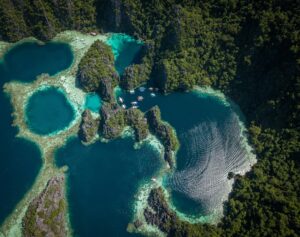
Lakes are among the major sources of freshwater, which is used for drinking, irrigation, and sanitation. Certain towns and cities are reliant upon lakes for water supply. Lakes also support fisheries, which serve as a source of livelihood and source of food for millions of individuals. Lakes also make a major contribution to recreation and tourism. Boating, swimming, fishing, and camping are a few activities that make lakes a hot destination for nature enthusiasts and tourists. Lakes like Lake Como in Italy or Lake Louise in Canada draw thousands of tourists annually due to their scenic beauty.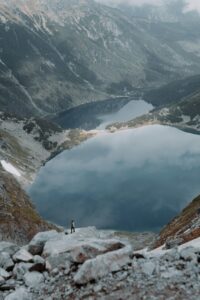
Lakes affect local climates through moderating temperature. During summer, they heat up and cool the surrounding environment, while in winter, they release accumulated heat, heating surrounding land. Lakes Even though they are crucial, lakes are prone to numerous environmental risks. Pollution from domestic sewage, agricultural run-off, and industrial waste can severely degrade water quality. Climate change is shrinking the extent of lakes or eradicating them due to reduced precipitation and higher evaporation rates.
Lakes are not bodies of water; they are lifelines for people, economies, and ecosystems. We must protect and preserve our lakes for the sake of environmental health and humankind. For recreation, for drinking water, or simply because of their serene beauty, lakes are one of nature’s greatest treasures. Let us treasure and save these serene blue jewels of the world.

